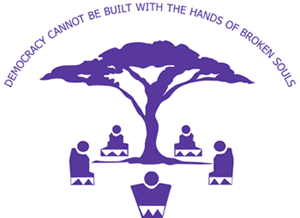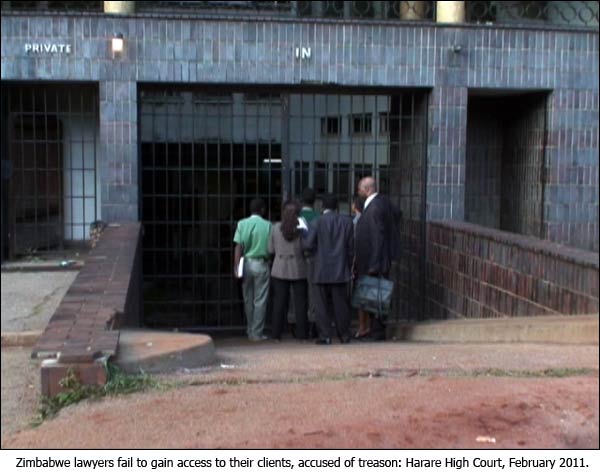The Hard Road to Reform
Date:
April 13th 2011

Solidarity Peace Trust The Hard Road to Reform 
The Solidarity Peace Trust has today released a new report titled The Hard Road to Reform. Since the signing and initiation of the Global Political Agreement in Zimbabwe in September 2008 and February 2009 respectively, the politics of the country has been convulsed with a recurring set of problems even as it has allowed for a certain political and economic stabilization. The agreement, with its attendant Inclusive Government, was set up to establish the conditions for a free and fair election. However it was always clear that, in a more determinate sense, it would provide the site for intense struggles over the state between the contending parties, with Zanu PF always in an advantageous position because of its control of the coercive arms of the state. It is thus not surprising that the Mugabe regime has used its control of the police, security and military sectors to contain the constrained promise of the GPA to open up democratic spaces. It is also clear that both MDCs have made strategic mistakes that have added to the already difficult challenges that confronted them at the outset of the process. Moreover the problems of the GPA have, on occasion, been compounded by the different roles of SADC and the West. In recent months the Zimbabwean crisis has been somewhat overshadowed by the uprisings in North Africa and the Middle East, as well as the violence that has broken out over the contested election in the Ivory Coast. Both events, but particularly the developments in North Africa, have predictably forced comparisons with the Zimbabwe situation. This has often lead to over-optimistic hopes for an âEgypt momentâ in Zimbabwe, that are based less on a concrete analysis of the conditions in the country, than a desperate yearning that Zimbabweâs authoritarian state face such a reckoning. The complex politics of the GPA in the context of the particularities of Zimbabweâs history make any simple comparisons with North Africa difficult to sustain. This report thus sets out to think through the politics of the last two years in Zimbabwe, setting out the challenges that have had to be confronted, but also noting the opportunities it has provided, and the possibilities for the near future. The Hard Road to Reform is available in PDF format on our website (1.7MB). Please visit this link to download the report.
For further information, please contact Selvan Chetty - Deputy Director, Solidarity Peace Trust Email: selvan@solidaritypeacetrust.org Tel: +27 (39) 682 5869 Address: Suite 4 |
|
<< Previous: Invitation to launch of new report and video: ‘The Hard Road to Reform’ |
| Archive Index | |
The Solidarity Peace Trust is a non-governmental organisation, registered in South Africa. The Trustees of the Solidarity Peace Trust are church leaders of Southern Africa, who are all committed to human rights, freedom and democracy in their region. The objectives of the Solidarity Peace Trust are to assist individuals, organisations, churches and affiliated organisations in southern Africa, to build solidarity in the pursuit of justice, peace and social equality and equity in Zimbabwe.






 )
)